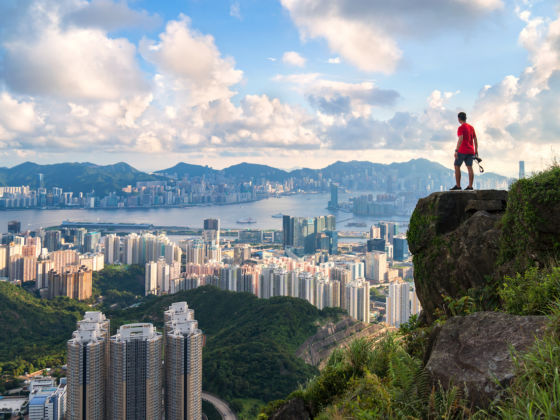“Business or leisure?” It’s a question that’s been asked a million times at hotel check-in desks, car rentals, and airline ticket counters all over the US and the world: “Are you traveling for business or leisure?” Fun or work? Now there’s a new answer: bleisure.
What is bleisure?
Otherwise known as a “bizcation” or “workcation,” bleisure travel is a growing trend where business travelers tack on a few extra days at the beginning or end of a business trip for some “me time.” These extra days can be used to explore the destination more, relax and recharge, or just have a slow day or two to catch up on work.
